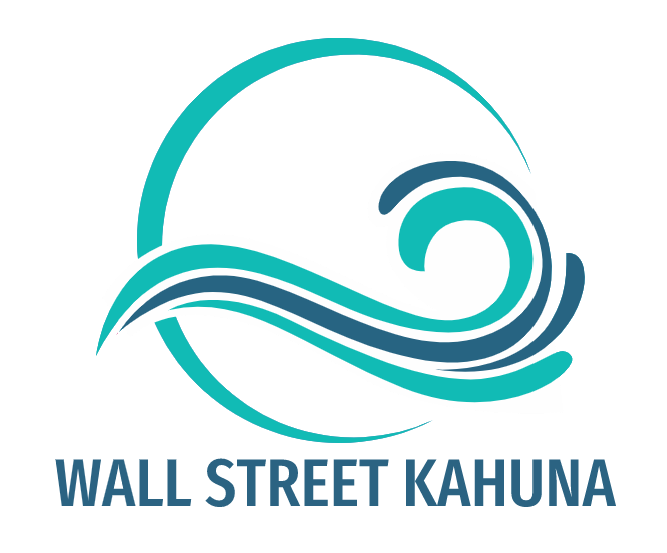The decision by District of Columbia Democratic Representative Eleanor Holmes Norton to sell her stake in a Virginia State Municipal bond (VIRGINIA ST RES AUTH INFRASTRUCTURE REV TAXABLE-INFRASTRUCTURE VA) might have been shaped by various economic signals and events. Although the specifics of her decision remain undisclosed, her actions could be influenced by a myriad of factors. With a closer insight into the dynamics of Capitol Hill, we can derive valuable lessons from her financial maneuvers. Below are potential factors that might have motivated her change in outlook:
1. Rising Interest Rates:
- A hike in interest rates usually results in a decrease in the market prices of existing bonds with fixed interest rates. Representative Norton might have sold her municipal bonds to avert potential capital losses amid rising interest rates.
2. Credit Rating Downgrades:
- If a credit rating agency downgrades the credit rating of the issuing municipality, it could diminish the market value of its municipal bonds. This might have motivated the sale to avoid holding bonds from a less creditworthy issuer.
3. Economic Downturns:
- Economic downturns can hinder a municipality’s revenue generation, affecting its ability to fulfill obligations on its municipal bonds. Concerns over the economic health of the issuing municipality might have triggered the sale.
4. Tax Law Changes:
- Any alterations in tax laws impacting the tax benefits associated with municipal bonds could have made these bonds less appealing, prompting the sale.
6. Budget Deficits:
- If the issuing municipality is grappling with significant budget deficits, it could signal financial instability, potentially influencing the decision to sell.
8. Inflation Expectations:
- Anticipated higher inflation can erode the real value of the fixed interest payments provided by bonds. If inflation is projected to rise, it might have been prudent to sell the municipal bonds.
The “VIRGINIA ST RES AUTH INFRASTRUCTURE REV TAXABLE-INFRASTRUCTURE VA” is a municipal bond issued by the Virginia State Resources Authority. The bond is a part of a pooled financing program dedicated to infrastructure projects in Virginia, and is taxable, which implies that unlike many municipal bonds, the interest earned on this bond is subject to tax.




